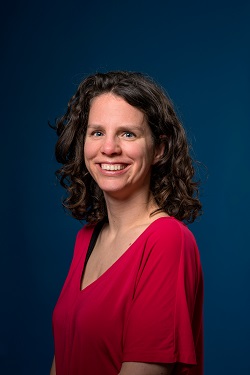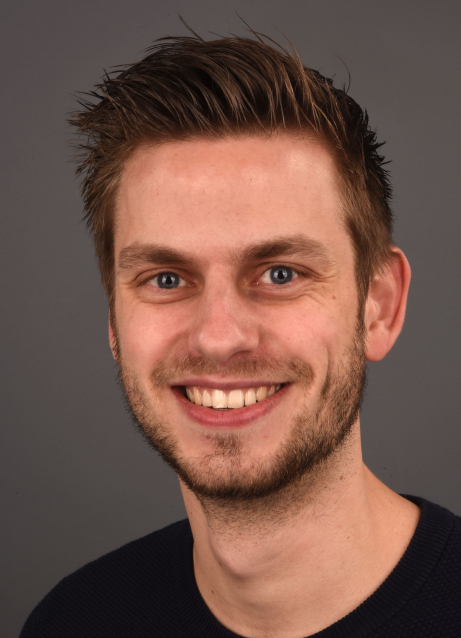UM and Dutch Embassy host Berlin Science Week event
Maastricht University (UM) is the only Dutch university to have organised an event together with the Dutch Embassy during the famous Berlin Science Week. The theme was ‘The future of a data-driven society; perspectives from the Netherlands and Germany.’ The reason for the event was the increasing importance of transnational collaboration in the field of big data and artificial intelligence. Dutch and German speakers emphasised the impact of digitalisation on our society and the potential of artificial intelligence in the European context. The EU will soon present a strategy to strengthen Europe’s competitiveness in this field.
Opportunities and challenges
After the welcome address by Wepke Kingma, the Dutch ambassador in Berlin, prof. dr. Martin Paul, president of the UM Executive Board, gave a short speech. He discussed the influence of digitalisation and artificial intelligence on academic education: “In the upcoming years educational methods and the skills students need to succeed in the labour market will change.” Digitalisation comes with questions and challenges, said Martin Paul. How and by whom is the access to data controlled? What impact does increasingly sophisticated artificial intelligence have on our functioning as human beings? Martin Paul: “These matters require a holistic approach and open discussions between scientists, businesses, educational institutions and the wider public.”
All about data science
Professor Sally Wyatt and Professor Michel Dumontier, both distinguished UM scientists in the field of data science, Dr Astrid Boeijen, Senior Director Data Collection Division of the Dutch Central Bureau for Statistics, and Professor Heyo Kroemer, Dean of the faculty of medicine of the University of Göttingen, shared their insights about data science with an audience of 150 guests from academia, business and government, as well as UM alumni. Dr. Joost van den Akker, Regional Minister of Economic Affairs and Knowledge Infrastructure and Vice Governor of the Province of Limburg in the Netherlands, discussed the need for Dutch-German data exchange from a regional perspective.
Societal tasks
Maastricht University already makes an important contribution to the societal tasks around data science. In 2017, the interdisciplinary institute for Data Science was established with the objective to accelerate scientific progress in this area, improve clinical care and well-being and to empower communities. UM aims to become a FAIR (Findable, Accessible, Interoperable, and Reusable) university. The Business Intelligence and Smart Services Institute (BISS) on the Brightlands Smart Services campus in Limburg has developed several trainings about data science for managers, staff and entrepreneurs. This campus also plays an important role in connecting German and Dutch scientists and generating employment, innovation and knowledge exchange.
Berlin Science Week
This international gathering brings together people from the world’s most innovative scientific institutions. It is dedicated to the dialogue between science and society in order to inspire a deeper understanding of our world. Berlin Science Week offers debates, lectures, interactive sessions and creates unexpected links between for example art and sciences. Berlin Science Week fosters interdisciplinary exchange and encourages participants to connect and learn from each other. Each year, Berlin Science Week draws more than 10.000 participants.
Read more in Science Guide (Dutch only).






Also read
-
Nienke Verstegen, researcher at De Forensische Zorgspecialisten, has conducted research on aggression within forensic care and its impact on patients and staff. On July 6, 2023, she will receive her PhD from Maastricht University with her dissertation 'Hurt people hurt people. Characteristics and...
-
Patients admitted to hospital due to a severe COVID-19 infection exhibit no evidence of brain damage caused by the disease. This is the conclusion of an extensive study led by Maastricht University.
-
Due to the Western lifestyle with a high fat diet combined with little exercise, more and more people in the Netherlands are overweight or even obese. This causes an increased risk of type II diabetes. What can be done about this besides a healthier lifestyle? The answer comes from an unexpected...


